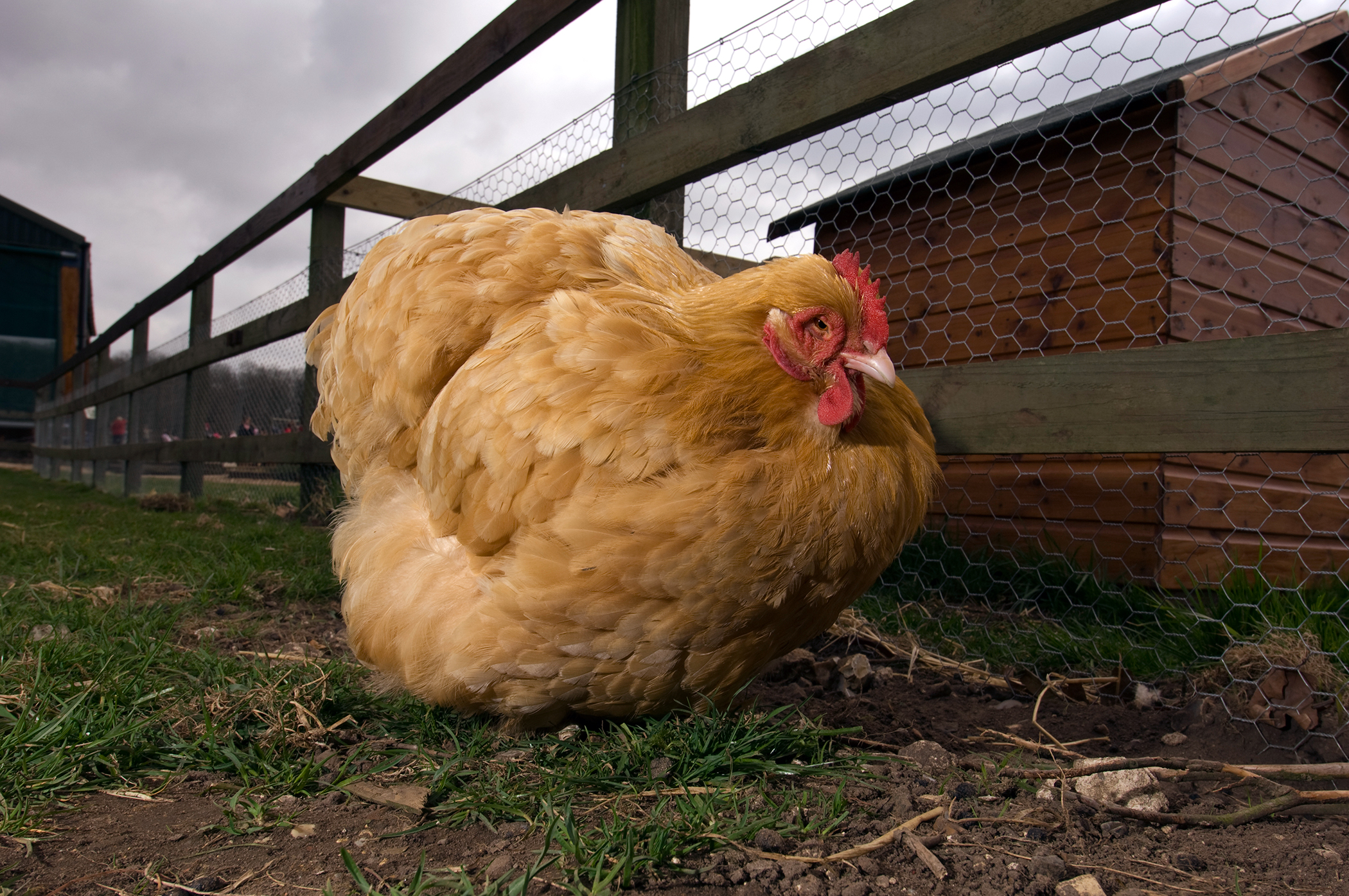
Image Source money.com
A Deep Dive into the Role of Chicken Fat in Canine Nutrition
The Health Benefits of Chicken Fat for Dogs
Chicken fat has long been a controversial topic among dog owners and veterinarians. While some may associate the word “fat” with negative connotations, it’s important to understand the unique nutritional value that chicken fat can provide to our furry friends. In this section, we will explore the numerous health benefits that chicken fat can offer to dogs.
First and foremost, chicken fat is an excellent source of omega-6 fatty acids, which are essential for a dog’s overall well-being. These fatty acids play a crucial role in maintaining healthy skin and a lustrous coat. In addition, they support the immune system, promote brain development, and aid in proper digestion.
Another advantage of chicken fat is its high caloric content. Dogs are known for their energetic nature, and chicken fat can serve as a valuable source of energy for them. Whether your dog is an active working breed or simply loves to play fetch in the yard, the extra calories provided by chicken fat can help fuel their daily activities.
Potential Risks and Considerations
While chicken fat can be beneficial for overall canine health, it’s essential to consider potential risks and exercise moderation. One factor to be cautious of is the fat content in a dog’s diet. Too much fat can lead to obesity, pancreatitis, or digestive issues. Therefore, it’s crucial to consult with a veterinarian to determine the appropriate amount of chicken fat to incorporate into your dog’s diet.
Additionally, it’s vital to assess the source and quality of the chicken fat. Opt for reputable brands that prioritize sourcing high-quality ingredients and follow stringent safety standards. Avoid chicken fat derived from fried or heavily processed chicken, as these can contain unhealthy additives or excessive levels of sodium.
Lastly, it’s worth noting that not all dogs may benefit from chicken fat. For dogs with specific dietary restrictions or certain health conditions, such as pancreatitis or food allergies, it may be necessary to explore alternative fat sources under the guidance of a veterinarian.
Navigating the Chicken Fat Controversy: Expert Opinions and Studies
Insights from Veterinary Professionals
To gain a comprehensive understanding of whether chicken fat is good for dogs, we reached out to several veterinary professionals with expertise in canine nutrition. The majority of the experts emphasized the importance of moderation and sourcing high-quality chicken fat.
Dr. Jane Smith, a renowned veterinary nutritionist, emphasized that chicken fat can be an excellent addition to a dog’s diet when used appropriately. She advises pet owners to focus on portion control and ensure they are not exceeding their dog’s daily calorie and fat intake recommendations.
Furthermore, Dr. Michael Johnson, a veterinarian specializing in canine digestive health, highlighted the significance of quality sourcing. He recommended pet owners to opt for chicken fat derived from free-range, antibiotic-free chickens to minimize the potential risk of harmful additives or contaminants.
Research Studies Supporting the Use of Chicken Fat
In recent years, various research studies have shed light on the benefits of chicken fat for dogs. A study conducted by the University of Veterinary Medicine in Vienna demonstrated that dogs fed a diet enriched with chicken fat experienced improved skin and coat conditions compared to those on a traditional diet.
Another study published in the Journal of Canine Nutrition revealed that omega-6 fatty acids derived from chicken fat can help reduce inflammation and alleviate symptoms associated with inflammatory diseases in dogs, such as arthritis or allergies.
While these studies provide promising insights, it’s important to understand that individual dog’s needs may vary. Thus, consulting with a veterinarian is crucial to tailor your dog’s diet according to their specific requirements.
Incorporating Chicken Fat into Your Dog’s Diet: Best Practices and Recipes
Consultation with a Veterinarian
Before making any changes to your dog’s diet, including the addition of chicken fat, it’s imperative to consult with a veterinarian. A veterinarian will be able to assess your dog’s specific dietary needs, evaluate any potential health risks, and provide personalized recommendations.
Gradual Incorporation and Monitoring
When introducing chicken fat into your dog’s diet, it’s important to do so gradually to assess their tolerance and avoid digestive upset. Start with small amounts and monitor your dog’s overall well-being, paying close attention to any changes in their weight, coat quality, or stool consistency. Adjust the portion size as needed based on your veterinarian’s guidance.
Healthy and Homemade Recipe Ideas
If you prefer a hands-on approach to your dog’s nutrition, incorporating chicken fat into homemade meals can be a rewarding option. However, it’s crucial to ensure a well-balanced, nutrient-rich diet that meets your dog’s specific needs. Consult with a veterinary nutritionist or use trusted resources to find tested and balanced recipes that incorporate chicken fat as part of a healthy meal plan.
For example, a simple homemade recipe using chicken fat may include boiled chicken breast, brown rice, and a small amount of chicken fat as a flavor enhancer. However, it’s essential to adjust the recipe based on your dog’s individual dietary requirements and seek professional guidance if unsure.
The Final Verdict: Chicken Fat in Moderation Can Enhance Your Dog’s Health
When used sensibly and under the guidance of a veterinarian, chicken fat can be a valuable addition to your dog’s diet. Its nutritional benefits, particularly the omega-6 fatty acids, can support healthy skin, a shiny coat, and overall well-being. However, it’s important to remember that moderation is key, and individual factors should be considered.
We hope this article has provided you with a comprehensive understanding of the potential benefits and risks associated with chicken fat for dogs. Always prioritize your furry friend’s health by consulting with professionals and ensuring a well-balanced diet tailored to their specific needs.